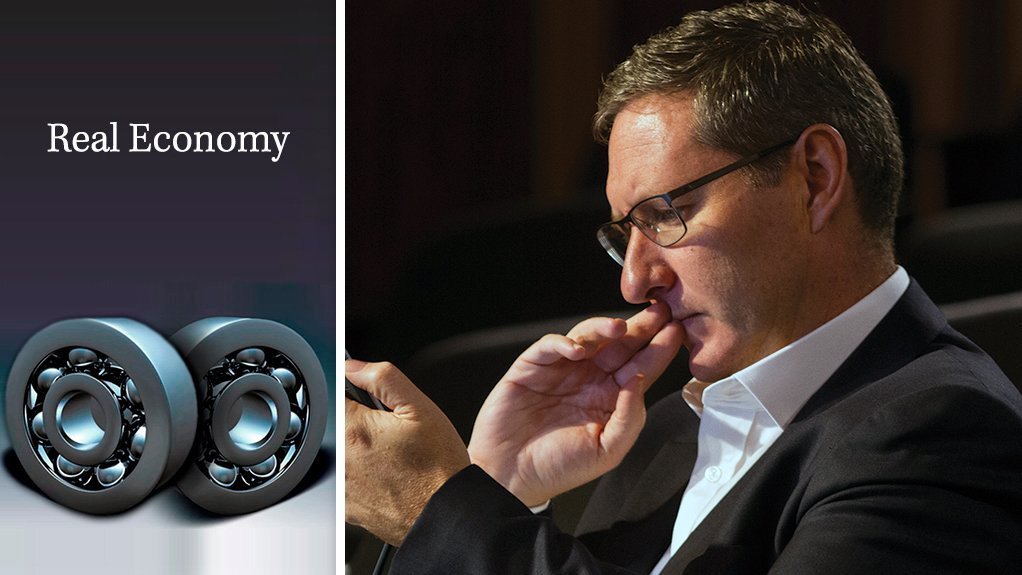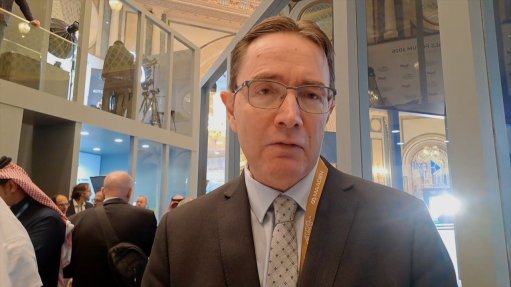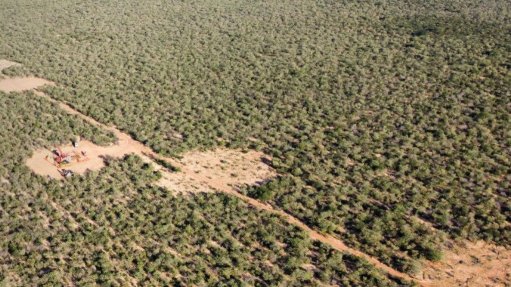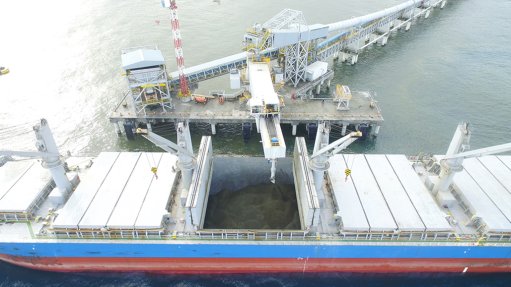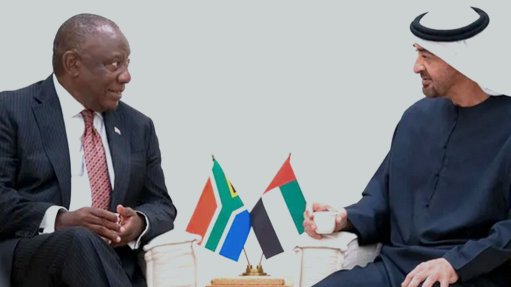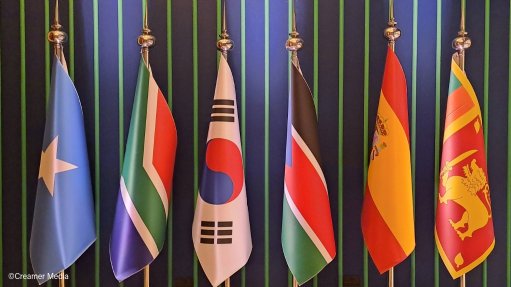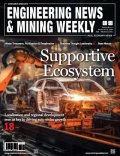Time to reach out
It has been death by a thousand cuts. Failed by a series of short-sighted politicians, misguided policymakers and inept executives, Eskom is now truly broke and broken. The utility’s costs have continued to swell amid flat-lining demand, leaving it technically insolvent. Debt has risen to unsustainable levels and is set to rise even further. The cash being generated by the business is no longer enough to cover operating and debt-servicing costs. A sixfold step change in nominal tariffs has constricted demand growth and has made alternatives more commercially feasible. Yet they remain below cost-reflective levels.
After years of policy paralysis, Eskom’s power station projects were approved in haste and before the detailed engineering designs had been finalised. Arrogance at the highest level resulted in the utility taking on two megaprojects simultaneously, following years of construction inactivity. As a consequence, the Medupi and Kusile projects are three times over budget and years behind schedule, while the units in commercial operation are highly defective and prone to tripping. The country’s ill-considered big bet on coal, supported by institutions such as the World Bank, has proved to be beyond costly. The mistake has been further amplified by the fact that, in the intervening period, a tipping point was reached, making renewables cheaper than new-build coal, even after backup costs.
The failure to recapitalise Eskom’s cost-plus mines has resulted in a surge in primary-energy costs and an overreliance on expensive, short-term supply agreements. The delay in the decision to build new capacity, together with inadequate resources, skills and time, has resulted in a maintenance catastrophe. As a result, the coal fleet’s energy availability factor (EAF) has deteriorated to levels closer to 70% than the 80% target. As a result, Eskom cannot always supply the load, despite having theoretical capacity that far exceeds demand.
Adding insult to injury was the breakdown in governance and the rise of corruption, which has not only eroded the reputation of the utility but also robbed it of some of its best talent. On top of all that, Eskom’s vertically integrated structure has left it unable to cope with technological disruption and has made it all too easy to hide inefficiencies. What’s more, the model is effectively in breach of South Africa’s energy policy, which called for a separation of generation, transmission and distribution as far back as 1998.
Indeed, splitting the businesses is an important, albeit insufficient, first step in Eskom’s road to recovery. Such a step can only be taken, however, if all stakeholders are on board. This requires a swift move from the current combative narrative to the “meaningful consultation” promised by President Cyril Ramaphosa. The consensus-building lead has to be taken by government, which has, thus far, failed to take labour, in general, and Eskom employees, in particular, into its confidence. Unless and until it does, Eskom will remain bed ridden and unable to take the vital first steps towards recovery.
Article Enquiry
Email Article
Save Article
Feedback
To advertise email advertising@creamermedia.co.za or click here
Announcements
What's On
Subscribe to improve your user experience...
Option 1 (equivalent of R125 a month):
Receive a weekly copy of Creamer Media's Engineering News & Mining Weekly magazine
(print copy for those in South Africa and e-magazine for those outside of South Africa)
Receive daily email newsletters
Access to full search results
Access archive of magazine back copies
Access to Projects in Progress
Access to ONE Research Report of your choice in PDF format
Option 2 (equivalent of R375 a month):
All benefits from Option 1
PLUS
Access to Creamer Media's Research Channel Africa for ALL Research Reports, in PDF format, on various industrial and mining sectors
including Electricity; Water; Energy Transition; Hydrogen; Roads, Rail and Ports; Coal; Gold; Platinum; Battery Metals; etc.
Already a subscriber?
Forgotten your password?
Receive weekly copy of Creamer Media's Engineering News & Mining Weekly magazine (print copy for those in South Africa and e-magazine for those outside of South Africa)
➕
Recieve daily email newsletters
➕
Access to full search results
➕
Access archive of magazine back copies
➕
Access to Projects in Progress
➕
Access to ONE Research Report of your choice in PDF format
RESEARCH CHANNEL AFRICA
R4500 (equivalent of R375 a month)
SUBSCRIBEAll benefits from Option 1
➕
Access to Creamer Media's Research Channel Africa for ALL Research Reports on various industrial and mining sectors, in PDF format, including on:
Electricity
➕
Water
➕
Energy Transition
➕
Hydrogen
➕
Roads, Rail and Ports
➕
Coal
➕
Gold
➕
Platinum
➕
Battery Metals
➕
etc.
Receive all benefits from Option 1 or Option 2 delivered to numerous people at your company
➕
Multiple User names and Passwords for simultaneous log-ins
➕
Intranet integration access to all in your organisation



